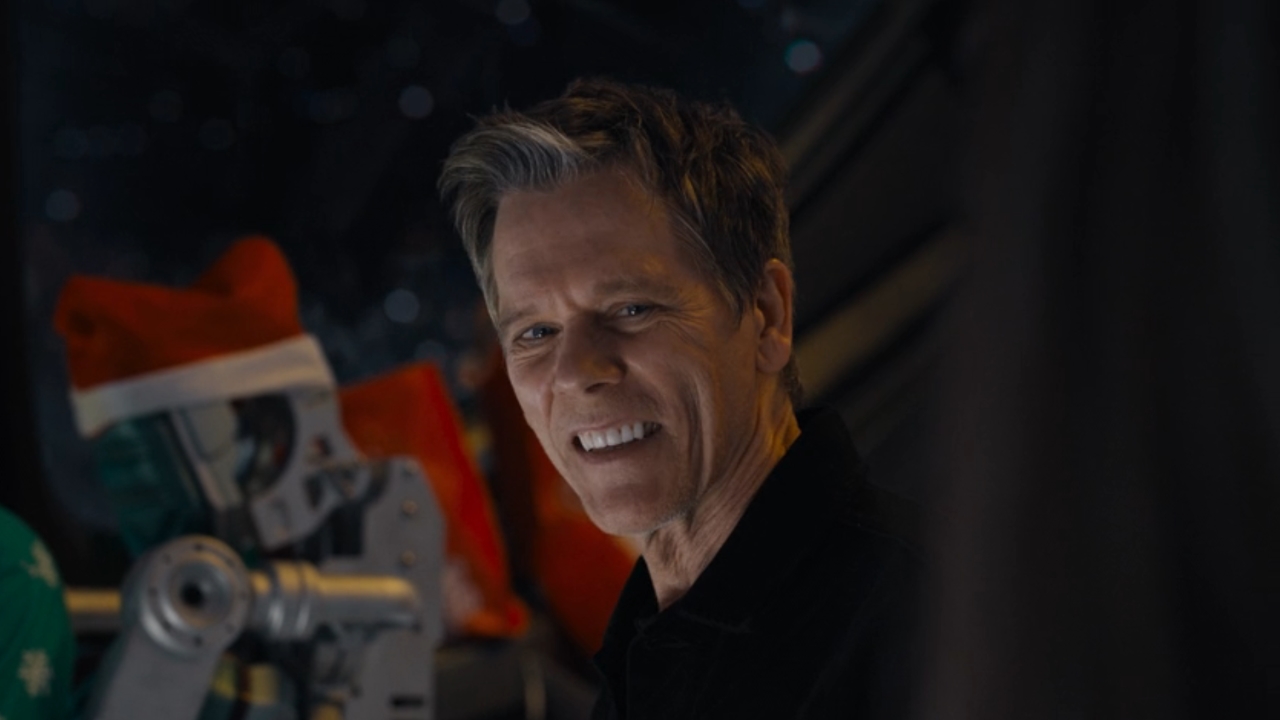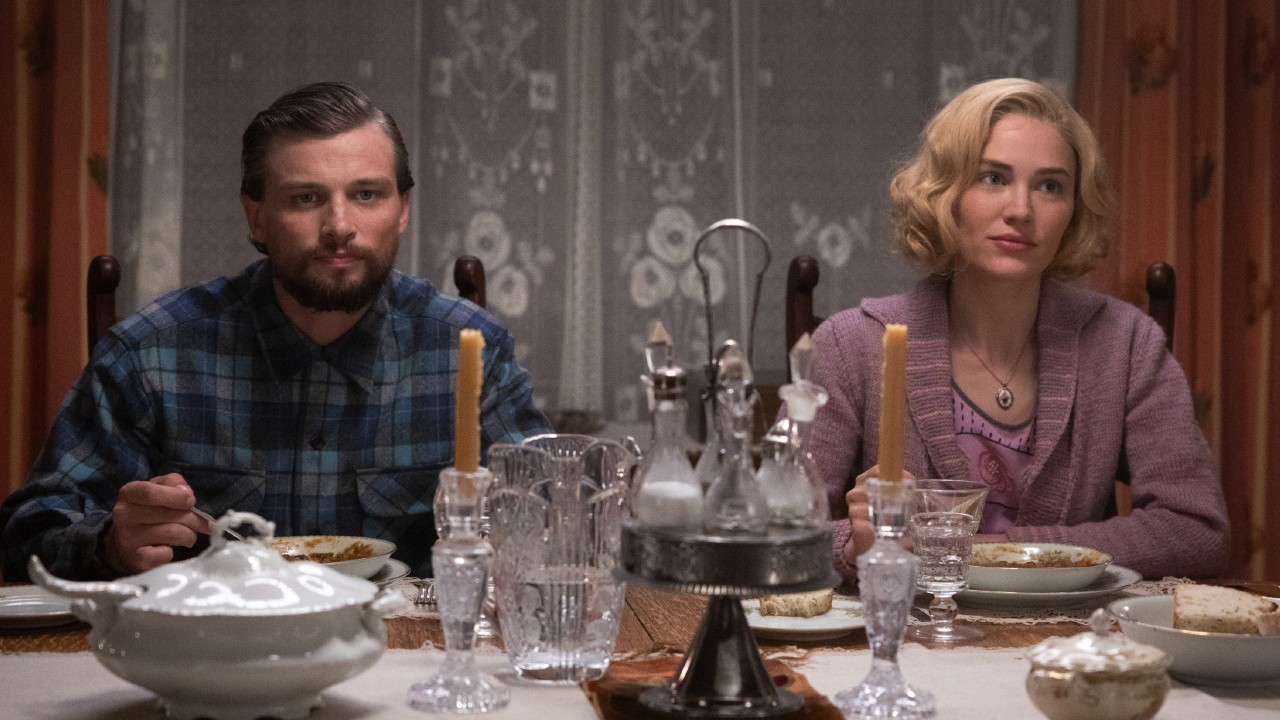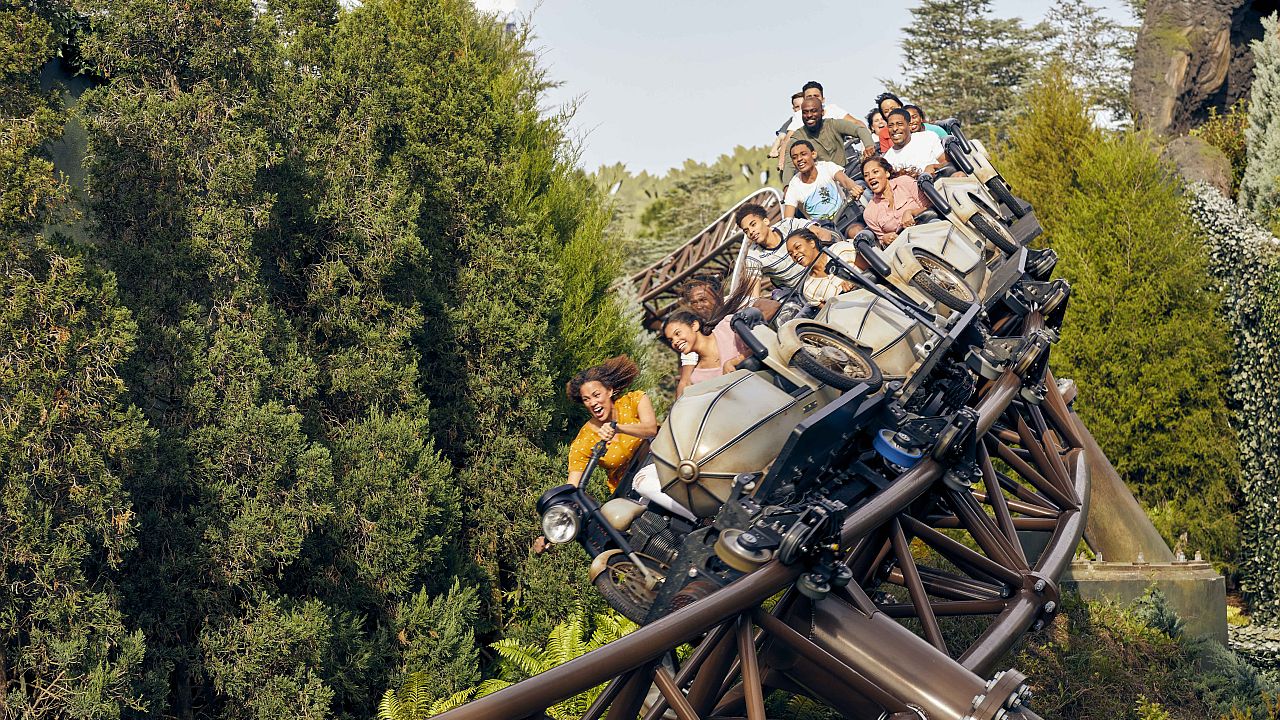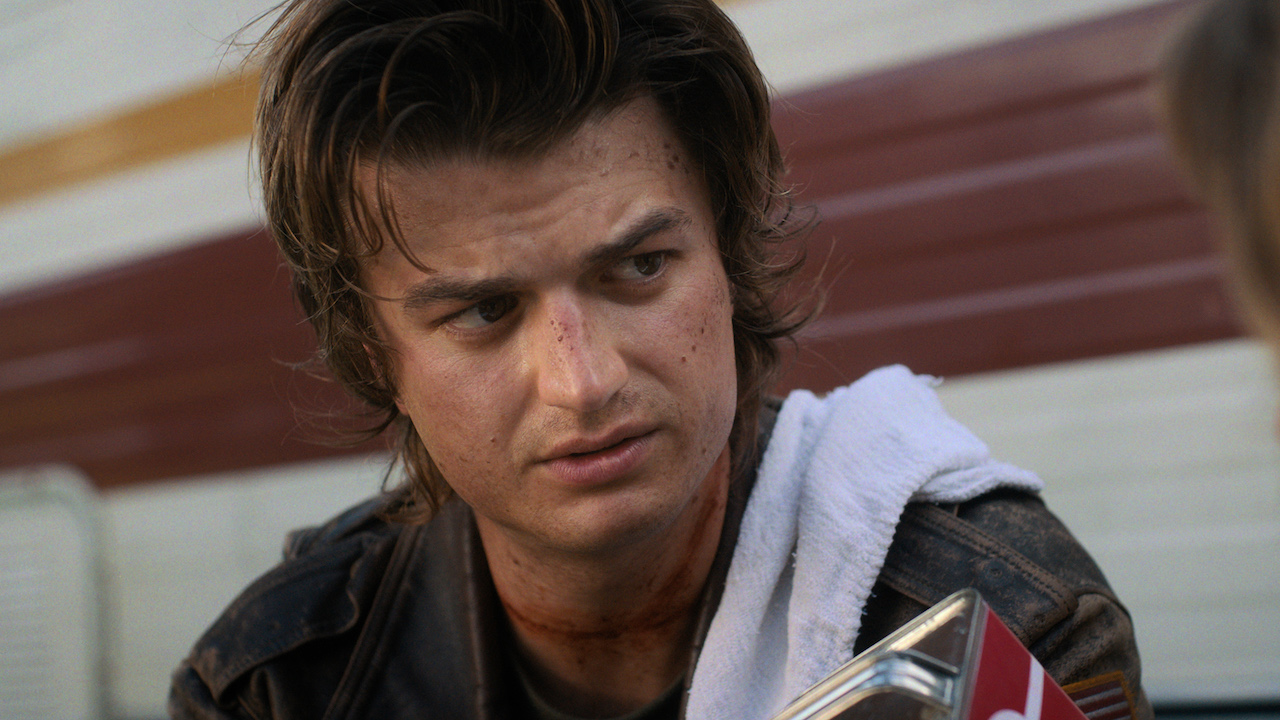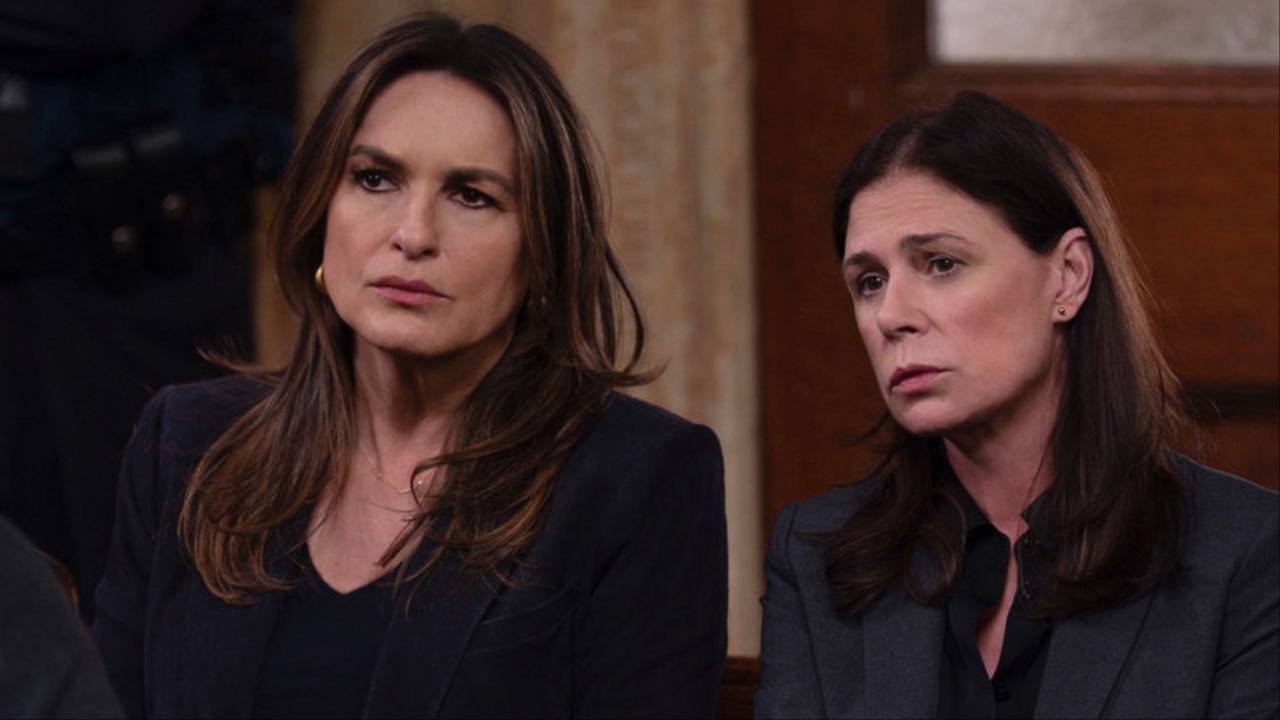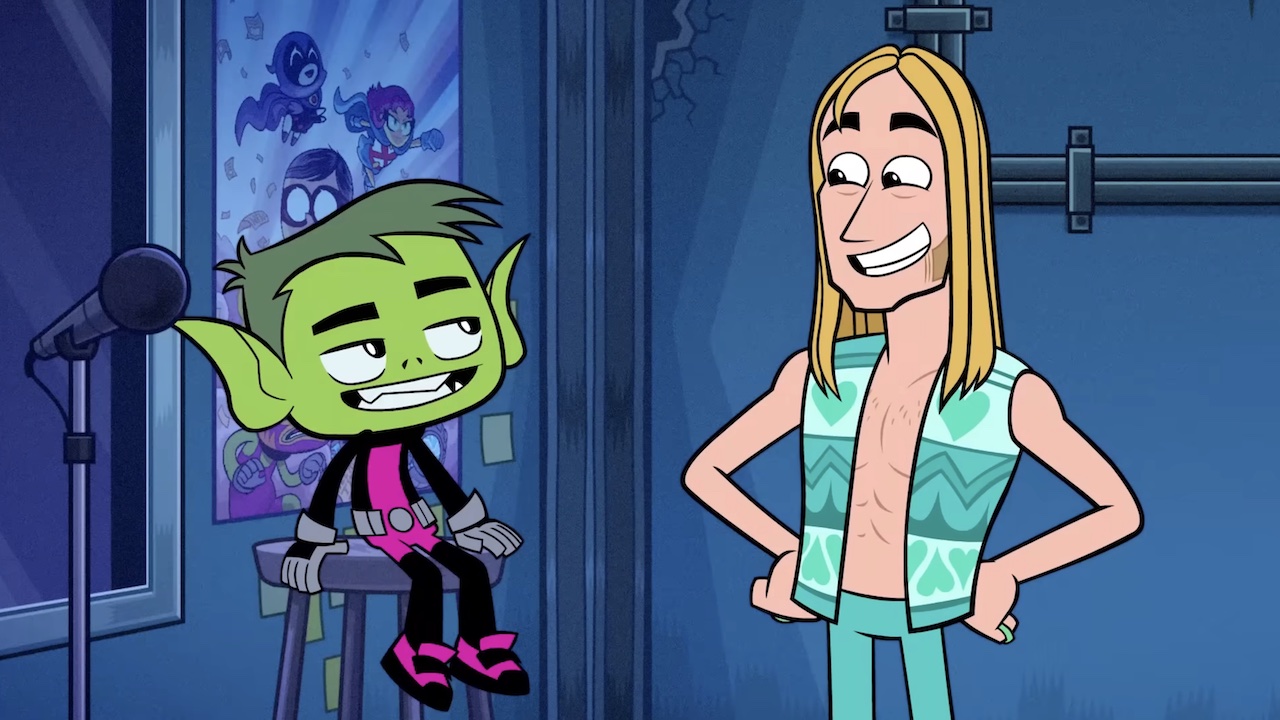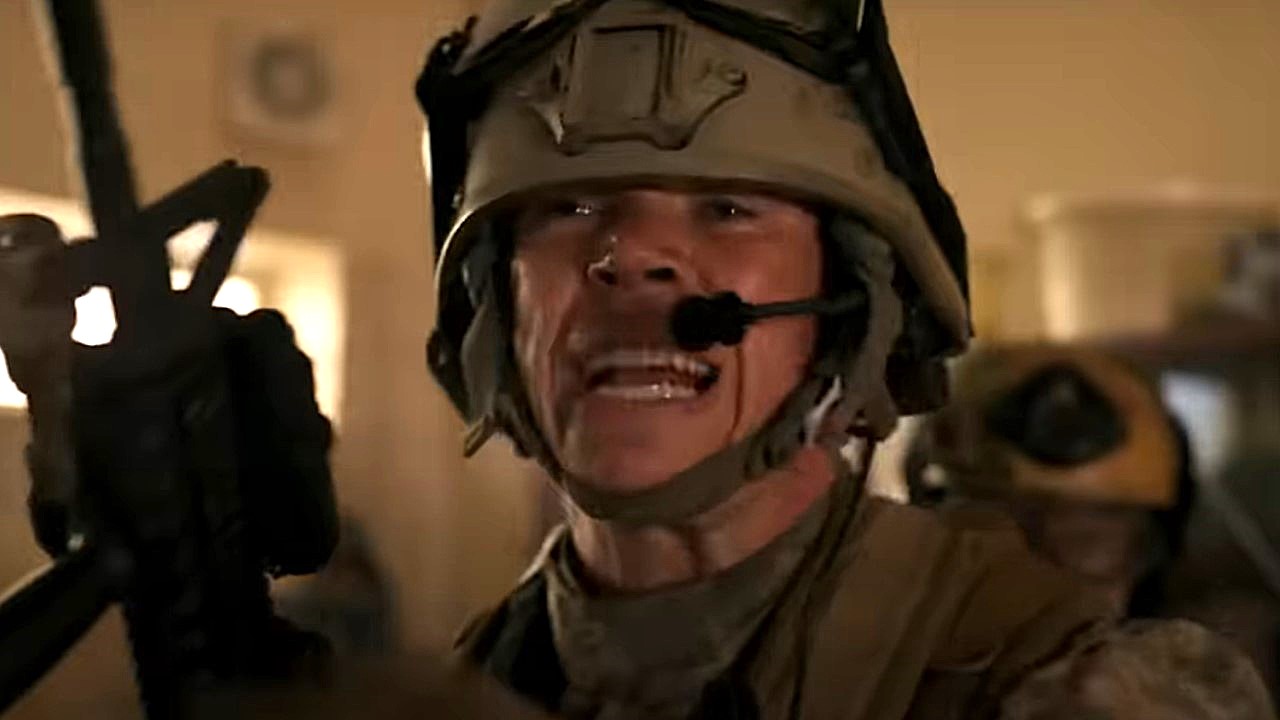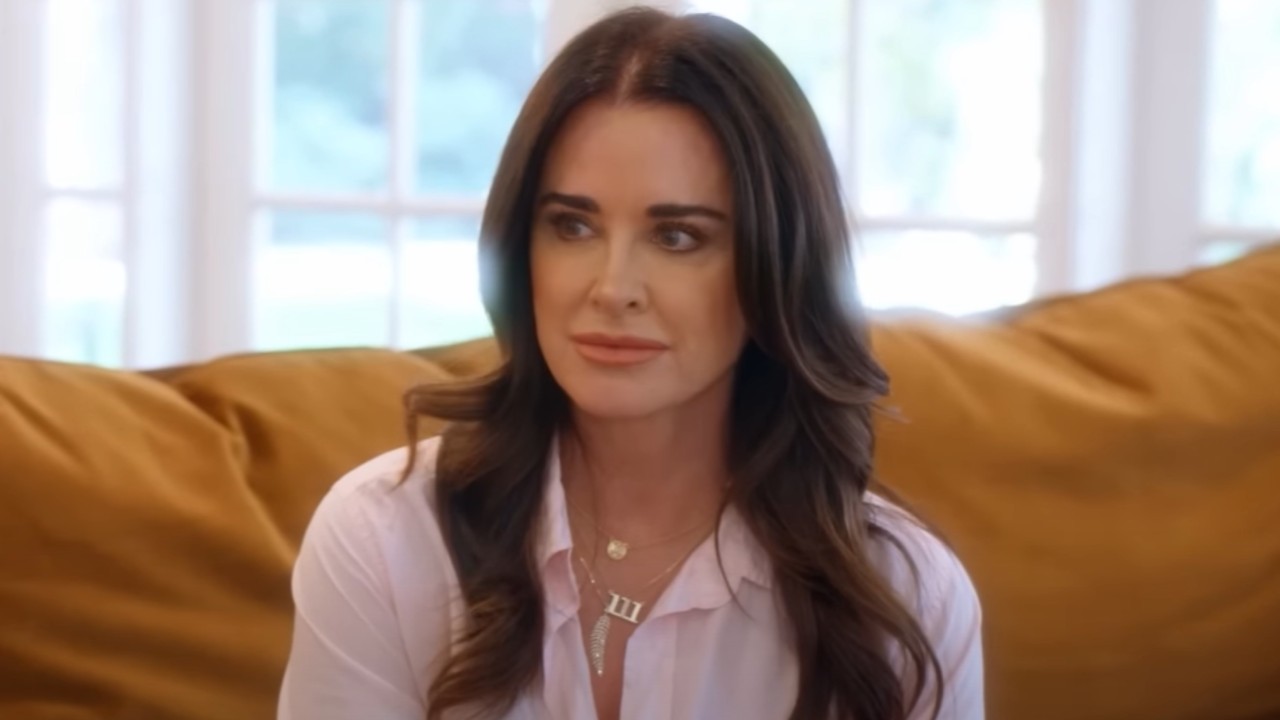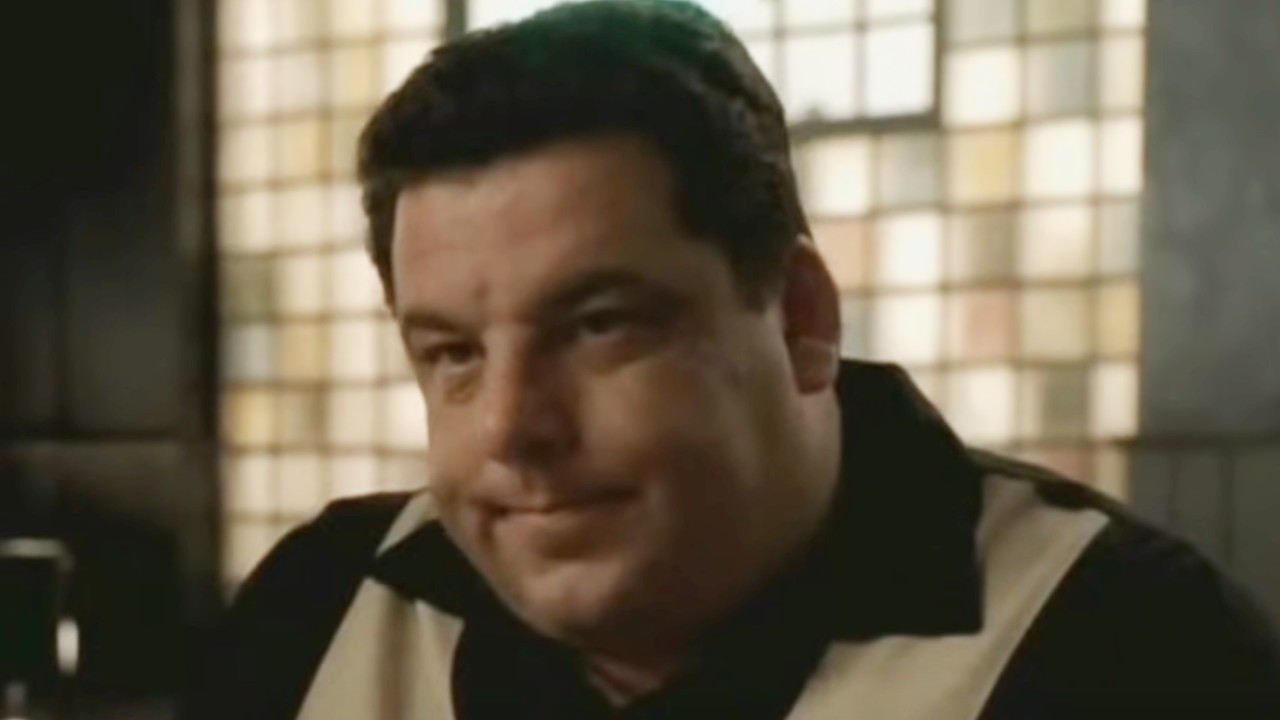Broadway Preview: Trey Parker And Matt Stone's The Book Of Mormon Is Wicked And Clever
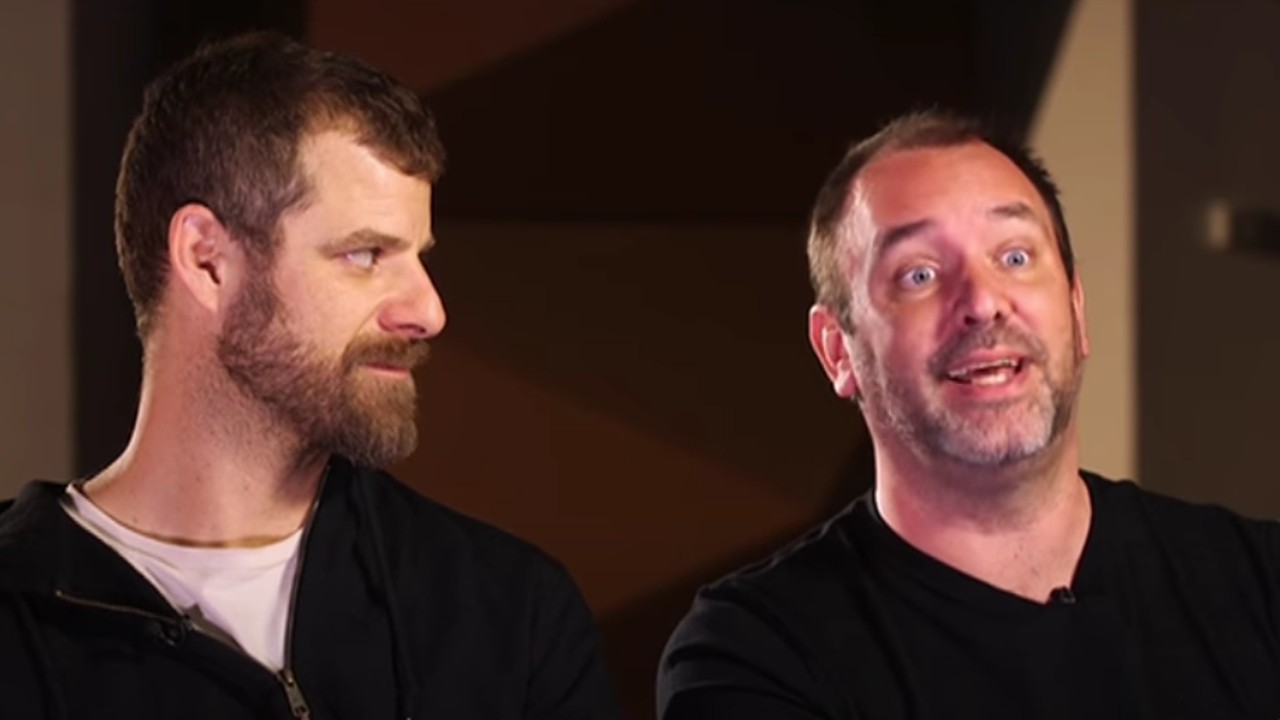
"You'll know it's done when you hear the word 'cunt' and everyone bows."
That was the promise Trey Parker made to me and a crowd of journalists last night, when we assembled in a fourth-floor rehearsal room on 42nd Street to see a 25 minute preview of The Book of Mormon, the musical that Parker, his South Park partner Matt Stone and Avenue Q creator Robert Lopez are bringing to Broadway at the end of March. In the works for six years and bearing the tagline "God's Favorite Musical," The Book of Mormon couldn't come with higher expectations-- in a Broadway climate littered with movie knock-offs and dull spectacles, a new musical from the masterminds of South Park: Bigger, Longer and Uncut carries all the promise of potential genius, or at least the raunchiest song and dance numbers you'll find on 42nd Street.
I'd like to refrain from gushing here, because we only saw 25 minutes and it's hard to remain objective when some of Broadway's most talented actors are performing three feet away from you in a cramped rehearsal space. But I was grinning widely from the first moment to the last, both thanks to the sheer musical joy of watching actors dressed as Mormon missionaries sing and dance and the wicked humor of every song. Bearing the musical influences of everything from The Music Man to The Lion King and questioning the very existence of God early in the first act, The Book of Mormon is both rousing old-fashioned entertainment and a very specific kind of satire. Maybe most surprisingly, it's not nearly as harsh on Mormonism as you might expect; the two central Mormon characters are goofy but also relatable, and though Parker and Stone are having fun with the notion of an omnipotent God, it also seems that religious and non-religious folks will be able to walk out thinking the show is on their side. Of course, because this is Broadway and you've got to sell out a lot of seats to turn a profit, they're going to have to appeal to the widest audience possible no matter what. The nice thing from what I saw seems to be that, despite that demand wide appeal, Parker and Stone haven't softened their edge.
The Book of Mormon isn't actually an adaptation of that holy book or, as the creative trio had originally imagined, the story of Mormon founder Joseph Smith. Instead it's a kind of Music Man story of strangers in a strange land, two young Mormon missionaries-- slobby Elder Cunningham played by Josh Gad, and golden boy Elder Price played by Andrew Rannells-- sent to Uganda to spread the good word of Jesus Christ of Latter-Day Saints. The play opens with a kind of Bible pageant giving us the history of the golden tablets discovered by Joseph Smith "in ancient upstate New York," then segues into a zippy number with a chorus of fresh-faced Mormon missionaries ringing doorbells and promising "this book will change your life." Think "There Is Nothing Like A Dame" from South Pacific crossed with "Telephone Hour" from Bye Bye Birdie, a big tangle of booming male voices eventually merging in perfect harmony. And though there are some jokes thrown in there, and the whole earnestness smacks of hidden sarcasm, it's really just a simple delight-- the harshness is going to come a bit later.
Quickly Rannells as Elder Price emerges as the hero, a clean-cut do-gooder who dreams of being assigned on his mission in his favorite place on earth-- Orlando, Florida. Instead he's paired with the shabby Elder Cunningham-- chubby, always a step or two behind on the dances, his tie askew-- and sent to Uganda. A perfect example of The Book of Mormon's layered humor comes the minute that country's name is announced; immediately after a black woman stepping up front and singing a garble of words that seem lifted from The Lion King's opening number. But this isn't just a reference that's supposed to stand as a joke-- turns out the woman isn't in Uganda but is a neighbor hired by Elder Price's parents to send him off. "I've never been to Africa but I hear it's a hoot!" the woman says cheerily before wishing him well. Not only is this a joke that could only be conveyed on stage, where a single musical cue can stand in for an entire location, but it skewers the lack of cultural understanding for these characters and Broadway itself.
The ugly African stereotypes come up again in the next scene, when Elders Price and Cunningham arrive in Uganda in a village that boasts all the stereotypes-- a woman carrying a bucket on her head, a shabby baby strapped to another woman's back, a man carrying a punching bag labeled "DEAD DONKEY" (presumably to be replaced with a real prop later), and of course, gun-wielding warlords. The Elders are soon greeted by the village's leader who tells them they have a local saying for what to do when bad things happen; it starts as a direct lift of "Hakuna Matata," the entire chorus singing the probably made-up saying, until the leader reveals the saying's meaning: "Fuck you, God." The Elders, who had been joyfully singing along with their newfound friends, struggle hilariously as the villagers sing and dance around them, middle fingers stretched to the sky. And yes, the song ends on everyone singing the word "Cunt"-- 25 minutes gone in a dizzy, hilarious flash.
The wonderful thing about all of these song and dance numbers-- in the full 25 minutes, probably only four or five didn't include singing-- is that they allow Parker, Stone and Lopez to extend their comedy into even the smallest details of the characters' movements. South Park: Bigger, Longer and Uncut and even Avenue Q were limited in their physical comedy thanks to the constraints of crude animation and puppet characters; in Book of Mormon they get a laugh when Gad does a dance move a second too slow, or in the exaggerated "tribal" movements of the Ugandan villagers. Who knows how much of that will translate when the audience is sitting many yards from the stage, but up close you can see the amount of thought put into every movement and facial expression, and how in synch each actor is with the play's anarchic and ebullient tone. Rannells is a perfect blast of well-meaning but pompous energy as Elder Price, and while Gad seems mismatched with the rest of the Broadway-fit cast, both his voice and dancing are up to par when the time comes.
CINEMABLEND NEWSLETTER
Your Daily Blend of Entertainment News
In a brief Q&A Parker, Stone and Lopez stuck to a few talking points while avoiding giving away many details about the rest of the play, other than promising that the village leader's daughter would become a love interest for one of the Elders, that one musical number would tell the story of Joseph Smith, and that there will be a message by the end of the play that should make the religious folks pretty happy. They also promised over and over they weren't trying to hurt the feelings of Mormon people-- as Parker put it, "We never came at this in terms of Mormon bashing. I've liked every Mormon I ever met." They also shrugged off the notion that the musical might be too edgy for older Broadway audiences, with Parker noting he himself is already 41, and Lopez rightly remembering that everyone expected Avenue Q to turn away older crowds. That musical spent six years on Broadway and won three Tonys.
I've spent this entire write-up telling you what you probably already knew-- The Book of Mormon is both a classical musical and wickedly, raunchily funny. But if anything it may be even more than you're expecting--more clever, more inspired by musicals of the past, and above all more generous to the religion that inspired it. There will be an unbelievable amount of attention on this show when it begins previews at the end of February, but if what I saw is any indication of the full product, it will be more than deserving of it.
For more on The Book of Mormon, including the link for buying tickets, visit its official site.
Staff Writer at CinemaBlend


